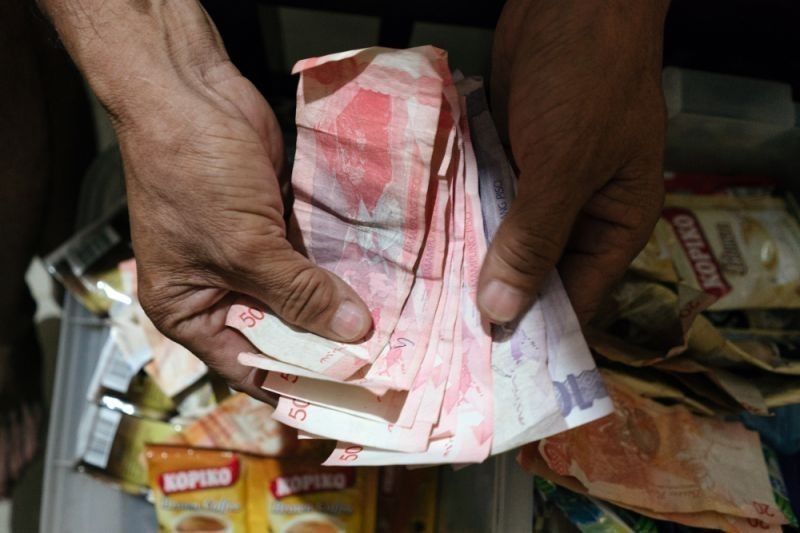
Upgrade to High-Speed Internet for only ₱1499/month!
Enjoy up to 100 Mbps fiber broadband, perfect for browsing, streaming, and gaming.
Visit Suniway.ph to learn
MANILA, Philippines — President Ferdinand “Bongbong” Marcos Jr. signed into law the Capital Markets Efficiency Promotion Act on Thursday, May 29, which seeks to simplify taxes and lower the cost of buying and selling stocks.
Rep. Joey Salceda (Albay, 2nd District), principal author of the bill enacted as Republic Act 12214, described it as a “landmark reform” that will make the capital market more inclusive and cost-effective.
The law amends the National Internal Revenue Code to cut the stock transaction tax from 0.6% to 0.1%.
It also removes the documentary stamp tax on mutual funds and Unit Investment Trust Funds (UITFs), effectively making transactions involving these investment products tax-exempt.
Salceda said the changes aim to make pooled investment vehicles, particularly mutual funds and UITFs, more attractive to investors. The law also removes the tax on the sale or redemption of units or shares in these funds.
Aside from tax exemptions, the new economic measure brings two other key changes: a flat 20% withholding tax on interest income, and a 15% tax on profits made from trading shares of foreign companies.
This means that one-fifth of what a person earns from interest income will be paid to the government.
“These reforms lower costs, simplify compliance, and make it easier for every Filipino to become an investor,” Salceda said in a statement on Friday, May 30.
Vetoed provisions
While Marcos signed the law, it did not pass without changes.
He vetoed three provisions, one of which was the proposed removal of the tax exemption on income earned by nonresidents from Foreign Currency Deposit Units (FCDUs). These are bank accounts that handle deposits and transactions in foreign currencies.
In his veto message, Marcos said the tax exemption should be kept to maintain investor confidence and encourage foreign funds to stay and grow in the country.
The president also rejected the provision that proposed a special tax on players of number games such as the lottery. He said the measure risked being unfair or overly complicated, stressing the need to keep taxation “neutral” for all.
The third provision Marcos vetoed was the proposed repeal of tax breaks for PHILGUARANTEE beneficiaries under the Home Guaranty Corporation Act of 2000.
This involves individuals who access affordable housing through low-cost government-backed loans, which Marcos believes is necessary.
“These were prudent vetoes. They do not affect the core reform. The heart of the law is intact and beating strong,” Salceda said.
Tax breaks for employers
Beyond tax reforms, the new law also aims to expand the Personal Equity and Retirement Account (PERA) — a voluntary retirement savings program that supplements benefits from state-run social insurance systems and employer-sponsored plans.
Salceda explained that the law allows employers to claim an additional 50% tax deduction for PERA contributions.
However, this benefit requires employers to match or exceed the amount employees contribute. By doing so, employers can lower their tax liability while encouraging employees to save for retirement.
As of December 2024, the relatively underused retirement savings program has just around 6,000 active accounts, with PERA assets totaling only P491.4 million, according to the Bangko Sentral ng Pilipinas (BSP).
Salceda explained that the program did not work because employers had no incentive to contribute to their employees’ retirement savings.
With the new law, he said more employees are expected to open accounts, helping them build sufficient savings for retirement.
To implement this, the government will forgo P6.7 billion in tax revenue over the next 10 years. However, it expects to recover around P4.8 billion through capital gains taxes, income tax and value-added tax (VAT) in the future.
Salceda estimates that PERA assets would climb to P140.6 billion with 1.8 million contributors by 2034.

 6 days ago
14
6 days ago
14



